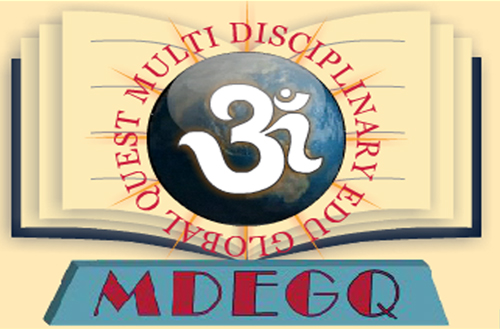“The real function of literature in human affairs is to continue myths’ ancient and basic endeavor to create a meaningful place for man in a world oblivious to his presence” says Vincent B. Leitch. In that context, Girish Karnad’s plays reflect upon contemporary Indian cultural, religious, psychological and social life through the use of myths, folktales and historic legends. His ‘Naga-Mandala’ revolves round the tale of Rani who is treated as a dumb member by her father and her husband, with neither voice nor choice.

Your International Online Journal